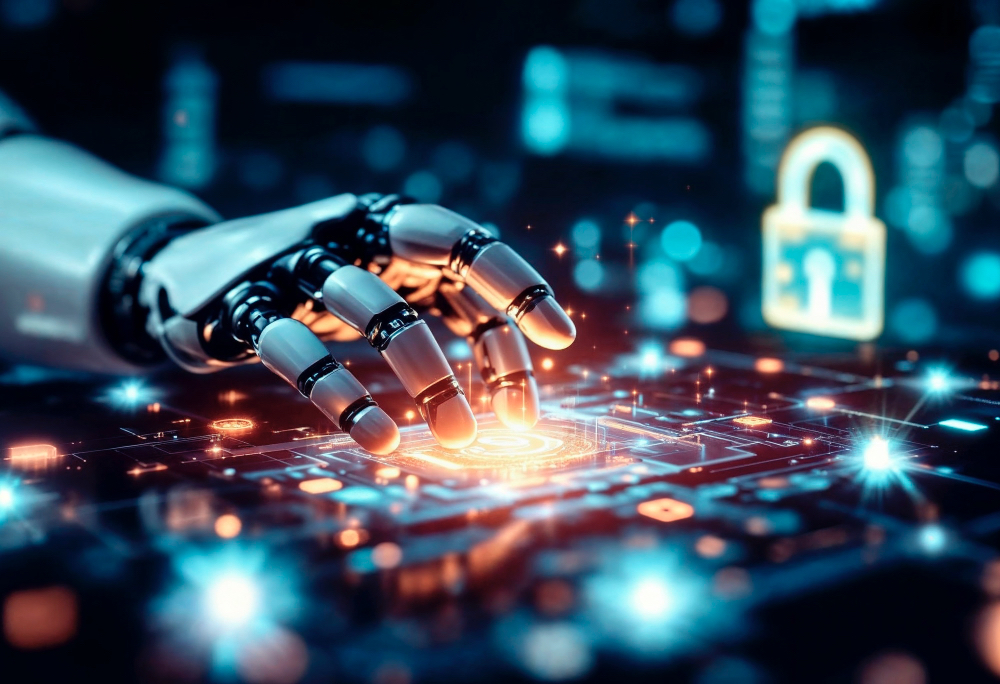ByteDance is facing mounting pushback after major Chinese apps restricted how its agentic AI smartphone can operate across their platforms. Developers moved to block or limit Doubao, the device’s voice-driven assistant, following concerns about automation, security and transactional risks.
Growing reports from early adopters describe locked accounts, interrupted payments and app instability when Doubao performs actions autonomously. ByteDance has responded by disabling the assistant’s access to financial services, rewards features and competitive games while collaborating with app providers to establish clearer guidelines.
The Nubia M153, marketed as an experimental device, continues to attract interest for its hands-free interface, even as privacy worries persist over its device-wide memory system. Its long-term success hinges on whether China’s platforms and regulators can align with ByteDance’s ambitions for seamless, AI-powered smartphone interaction.
Would you like to learn more about AI, tech, and digital diplomacy? If so, ask our Diplo chatbot!










